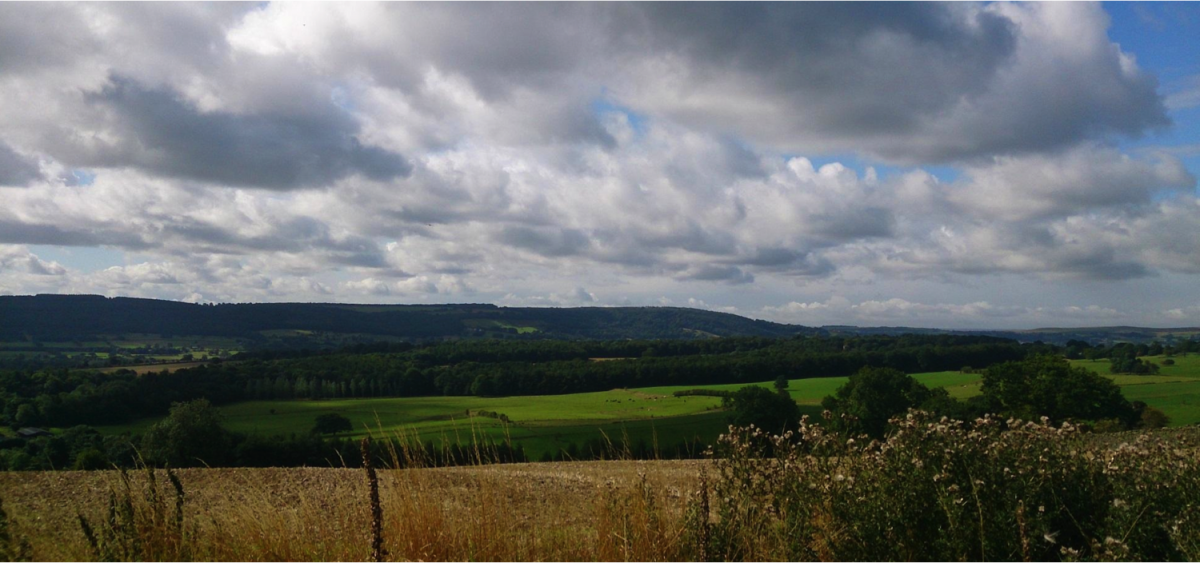April 11, 2016
Last week GAI News reported on the potential implications of Britain’s exit from the European Union would have on UK agriculture should it happen after a June 23rd referendum vote. Driven by the uncertainty surrounding this possible exit from the EU for England, otherwise known as a ‘Brexit’, the value of English farmland has seen its largest quarterly decline since 2008, according to the latest index issued by Knight Frank. Average values fell by 3% in the first quarter of 2016 translating to the first and most significant decline since the financial crisis, reports Financial Times.
The negative fallout of this news is being compounded by a reports issued at the beginning of April by the National Farmers Union on the effects of a possible Brexit on British farming that concludes that in a worst case scenario, leaving the EU could result in England’s farm incomes falling by £29,000 per year, according to the UK’s Plymouth Herald.
“The continuing run of low commodity prices had to have an impact on buyer confidence at some point – feed wheat is worth just half of what it was fetching just a few years ago and many dairy and livestock businesses are struggling to remain profitable,” Andrew Shirley, head of rural research at Kight Frank told Farmers Weekly. “But the fact that land values have held up so well indicates that commodity prices are far from the most important driver of the land market. Uncertainty about the outcome of the EU referendum, likely to be held this year, will also be holding back some potential buyers concerned about the impact of a Brexit.”
However, despite predictions for lower land values, estate agents are noting that farmland remains a strong investment. Over the past five years values have climbed an impressive 32%, and over the past decade, values have skyrocketed by 176%. This unprecedented increase in value has made entering farming a challenge for younger or new entrants, and a possible decrease in land values is being seen as a positive for the long-term growth and overall health of the industry by some, reports the Plymouth Herald.
If England does vote on June 23 to exit the EU, it would mean a loss of €3.1 billion per year in subsidies under the EU’s Common Agricultural Policy (CAP) – a contributing factor that has been supporting English farmland values and agricultural profitability. Those in favor of a Brexit argue that the British government would not allow its agricultural sector to continue without a domestic substitution for the EU CAP program. However, agriculture is responsible for a smaller percentage of England’s GDP than it is for other countries such as France, giving England’s farmers and those connected with the industry less weight in regards to policy reform.
All of this uncertainty and campaigning for possible, yet unproven, outcomes for both sides of the argument has resulted in a decline in the number and value of public farmland sales in England, according to Ian Monks, a partner at rural property consultancy, Bidwells, reports FT. However, the fact that high-quality English farmland remains scarce is being seen by many as enough to support land values through any outcome.

Let GAI News inform your engagement in the agriculture sector.
GAI News provides crucial and timely news and insight to help you stay ahead of critical agricultural trends through free delivery of two weekly newsletters, Ag Investing Weekly and AgTech Intel.




